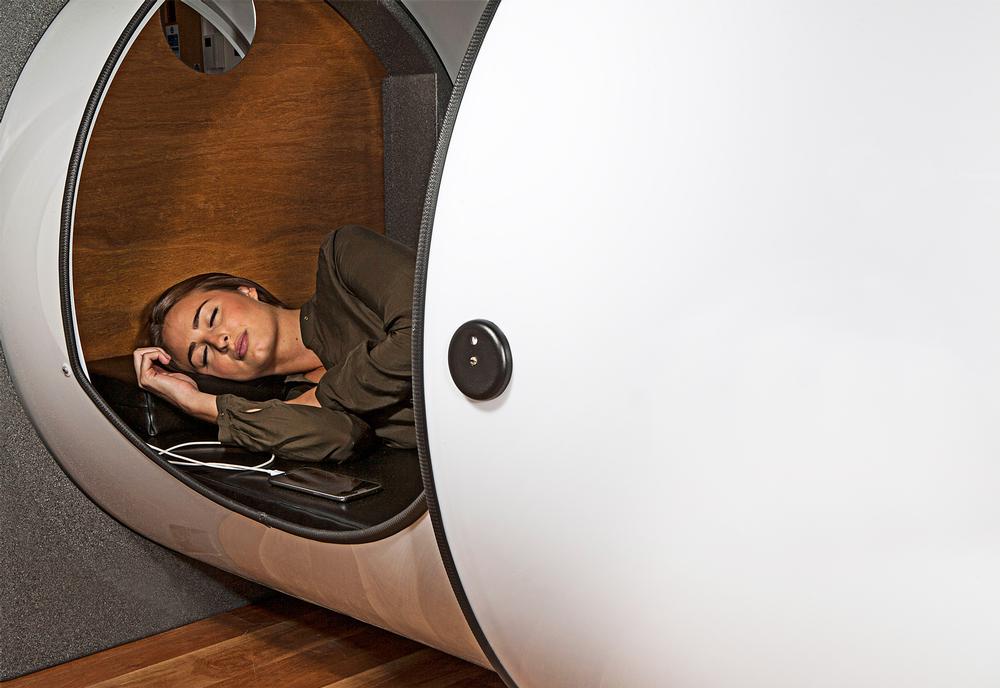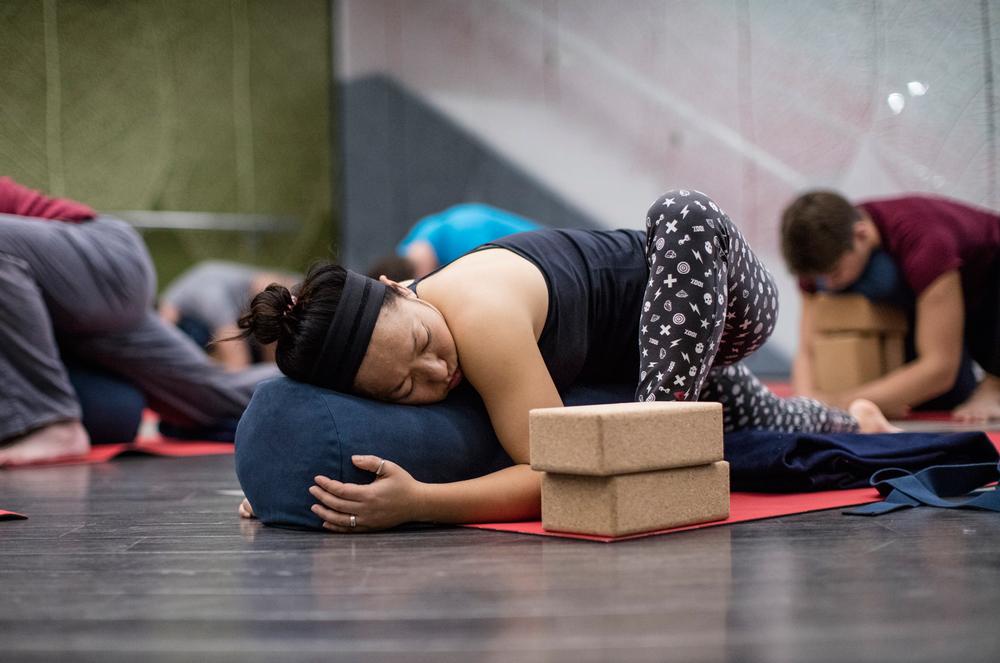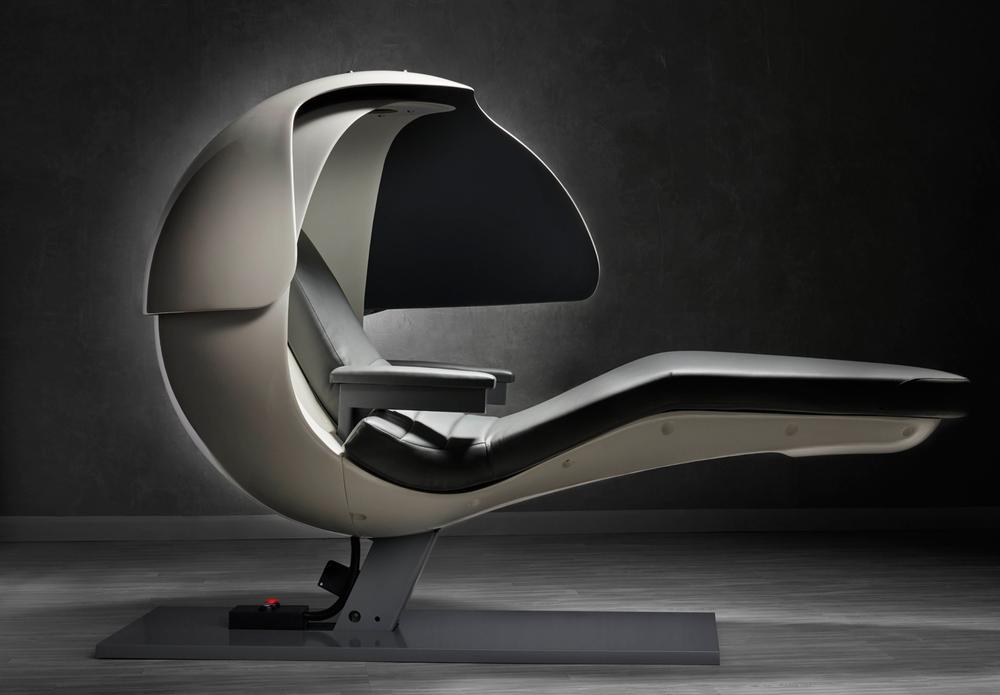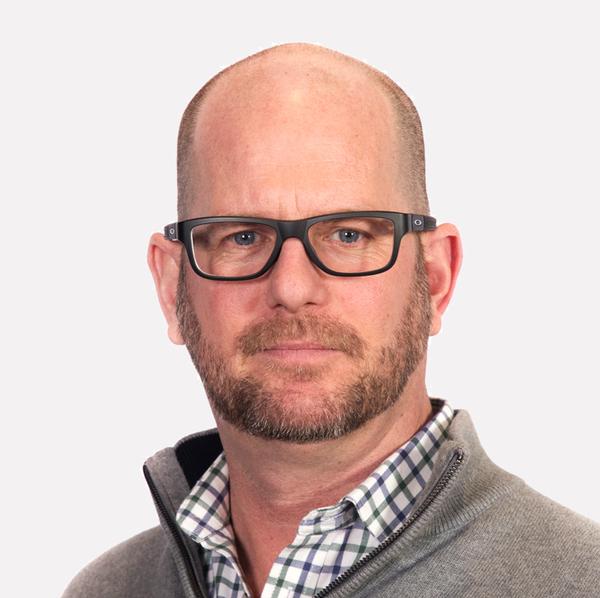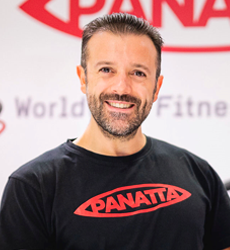In an unusual move, David Lloyd Leisure (DLL) is swapping spin bikes for single beds at some of its clubs. It wants to give exhausted members somewhere to have a nap during the day.
Inspired by academic research that shows the benefits of napping during the day, and after a member survey revealed that 86 per cent are exhausted (see ‘David Lloyd Leisure survey results’ below), the premium operator decided to trial the concept in April at its Sidcup club. The trial was a success and, at the time of going to print, DLL had trialled its Nappercise class at three more clubs.
The 45 minute sessions take place in a studio, accompanied by music designed to encourage people to drift off. Feedback has been enthusiastic, with one member saying: “I didn’t think I’d be able to fall asleep in a room with other people, but it was surprisingly relaxing. The room is set out in such a way that you have your own personal space, plus the mood is very relaxing. I don’t have time to relax at home with the family around, so to be able to get a break, with no distractions, was really nice. I fell asleep and felt revived after the class.”
DLL isn’t the only operator investing in sleep facilities. Podtime, which supplied its sleep capsules to the Olympic Village, recently sold two of its sleep pods to New York PT studio, Focus Fitness, and five more to Trainerspace in Florida.
Similarly, VirginActive’s Melbourne, Australia and Broadgate, London clubs have invested in an EnergyPod – a chair-in-a-pod specifically designed for napping. It’s a move that Virgin Active’s UK product and fitness director Andy Birch says was inspired by the “increasing interest in mindfulness across the industry”.
“As a business in the UK we are focused on delivering that as well as mind-body restoration. We’ve seen this trend prevalent in our members,” he adds.
Insomnia epidemic
The addition of sleep services to health clubs may appear surplus to requirements, but a recent survey by The Sleep Council found that lack of good quality sleep is a growing problem. One in four people have trouble sleeping – either with getting to sleep, waking too early, or not being able to stay asleep. Kathryn Pinkham, founder of The Insomnia Clinic, believes the growing use of technology is partly to blame. “People are connected for so much of the day that their brains are staying activated,” she says. “The blue light technology, used in phones and laptops, inhibits melatonin development which you need in order to go to sleep.”
Less than six hours of sleep a night can lead to sleep deprivation, which causes health problems. According to the Institute of Medicine (US) Committee on Sleep Medicine and Research, regularly getting less than seven hours of sleep per night can increase a person’s risk of serious medical conditions, including heart disease, obesity, diabetes, anxiety and depression. But is daytime napping the answer to sleep problems, and is the gym the best place to do it?
Despite DLL’s belief that its 45-minute mid-afternoon sleep sessions are ideal for “reinvigorating the mind”, Pinkham isn’t convinced. She believes sleeping during the day impacts negatively on nighttime sleep. However, sleep coach to elite athletes and author of Sleep, Nick Littlehales, believes daytime naps can be useful. He says that humans are programmed to recover through 24 hours and not just at night. However, he warns that daytime naps should be taken at the right time of day – between 1pm and 3pm, if you’re an early riser, or 5pm and 7pm, for night owls.
“In the 24/7 world we live in, it’s good to give employees the flexibility to nap during the day,” says Littlehales. “However, we also have to look at the underlying cause of why people are fatigued and not sleeping well. Health clubs are well placed to offer education in this area.”
Find the root cause
“Rather than run sessions where people sleep, health club operators would be better off educating their clients on how to improve the quality of their rest, as well as running classes to help people wind down and sleep better at night,” he says.
Pinkham agrees that helping people to improve their headspace, either through meditation, yoga or pilates is also useful. Some operators are already doing this: VirginActive runs Calm by Candlelight – designed to quieten the mind in the lead up to sleep – at many of its central London clubs.
Probably the best intervention that health club operators can make is to keep people exercising regularly and support them in managing their stresses and anxieties, as this should naturally lead to better sleep. “Not having enough sleep can make everything worse, but getting 10 hours sleep a night is not a cure for stress in itself,” says Pinkham. “We help our clients to manage their stress and anxieties by looking at their work/life balance. If you don’t manage your stress, you will always feel tired.”
Research shows that certain populations, including shift workers and the elderly, may find naps help to enhance their learning, memory and mental alertness. Furthermore, many cultures have long embraced an afternoon nap as a natural human activity. However, for health club operators, the best place to start may be helping people to improve the quality of their nighttime sleep, before heavily investing in single beds or sleep pods.








